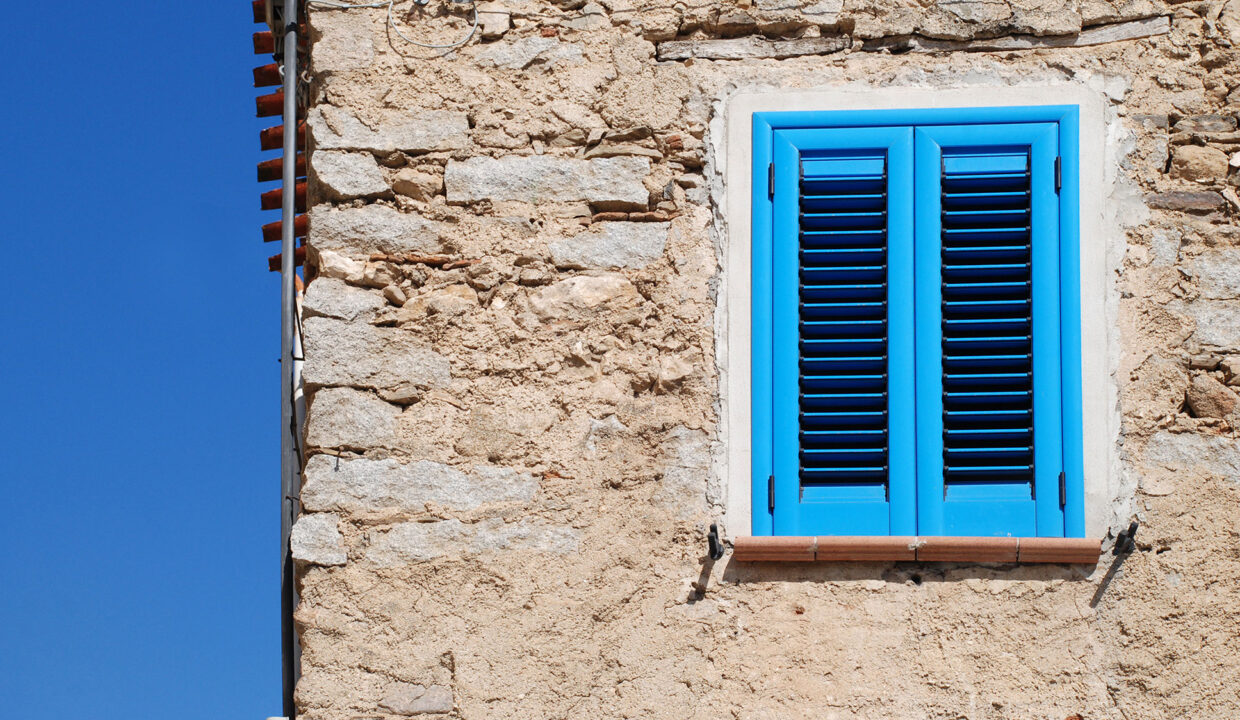“Usucapione” of land in Italian Law of Property
Meaning of the word and general features
Every person planning to buy a property in Italy should be aware of an important rule of Italian land law named “Usucapione”.
The word literally means “to become owner (proprietor) through the use of land during a certain period of time”. This rule also applies to moveable goods (like animals, tools, furniture etc.) and registered moveable goods (like cars, boats, etc.), however for the purpose of the present article only land and rights on land will be consi-dered (and of course buildings, houses and everything that is physically attached to land).
The easiest way to understand the rule is through an example. Let us pretend that Giovanni has a house in Sardinia, Italy, and when he deceases the house is left to his son Mario, who becomes the legal owner. However, his other son Bruno lives in the house and continues to do so for many years. He does so in good faith (believing to be the real owner of the house) and he has not used any fraud or form of violence to enter into possession of the house.
Mario, the legal owner, does not claim his rights in the house for many years. After more than 20 years he decides to call his brother and claim his property rights. In such a case Mario is no longer entitled to be owner. He has somehow lost his ownership because Bruno has had possession of the property for more than 20 years. In this case, the law states that “usucapione” has occurred. Bruno is the new legal owner of the house and to show his right he has to prove a continuous possession of the house for 20 years. The importance of this rule for a buyer is to know exactly who the owner of the land is.
Therefore, if James wants to buy the property, he will have to enter into a contract of sale with Bruno and not Mario.
This example shows a case of “usucapione”, a rule that can be found in the Italian Civil Code (articles 1159 – 1167). The reason for such a rule was summarised in a Latin maxim, “errantibus, non dormientibus iura succurrunt”, that means “the law helps those taking care of their property, not those asleep and not caring about it”!
General rules about possession and time.
As it can be seen in the example above, two essential elements must coexist for “usucapione” to occur: firstly, possession of a certain land (or house, building, etc) or of a particular right in land (for instance a mere right of passage or right to use the property for certain purposes like hunting, etc.); secondly, the possession must be continued for a long period of time. The amount of time can be different according to circumstances that will be explained below.
Possession
Possession means to have “factual power” on a certain land. This can be a actually and physically exercised on the land, but the physical connection with the land is not necessary. What does that mean? It means that a person can be in possession of a land even though he has no access to the land or has no key.
A first example to understand possession is the following: a house can be in the custody of a caretaker, that has the keys of the house and that looks after it. However, this is not a form of possession that is relevant for “usucapione”. The caretaker is carrying out a job (maintaining and protecting the property) on behalf of someone else. This other person is the one that has real possession of the house (even though this person might not be the legal owner of the land).
A second example will help to understand the concept of possession even better and more specifically for the purpose of “usucapione”. If John rents a house, he is merely a tenant. He has a “certain possession” on the house (he can use it while paying a rent). However, this is not a good form of possession, because he is a tenant (and he knows he is a tenant) and not the owner.
Even if John had possession for more than 20 years, this possession would not be good enough to make him legal owner of the house.
A different situation is the one of an innocent buyer that acquires a property from a person that is not legal owner. The buyer then has possession of the house, although he would not be legal owner. This possession is relevant for the purposes of “usucapione” and if it continues for a certain period of time, the buyer will eventually become legal owner of the property.
Finally, the law specifies that possession cannot be acquired through either violence or fraud. In the last example the buyer was an innocent person that bought from someone that was not the legal owner. The buyer did not use violence or fraud to have possession of the land.
Time
There are four rules to remember in relation to the period of time that has to pass for “usucapione” to occur.
Rule 1 – 20 years period
The basic rule is that a continuous possession of land for 20 years gives full and original ownership to the person in possession of land. In this case it is not relevant whether a land is registered or not.
Rule 2 – 10 years period
This rule refers to someone acquiring a property in good faith from a vendor that is not the legal owner of the property (this means that the buyer is not aware that the vendor is not the owner). In this case, if the transfer of property occurs with all formalities (as if the vendor was the legal owner) and the transfer is registered in the land register, then “usucapione” can occur in 10 years. Therefore, after 10 years of possession, the innocent buyer (that did not know that the vendor was not the legal owner), becomes legal owner himself. However, if the real legal owner claims his property back before the 10 years have passed, he will win. The only remedy for the innocent buyer will be an action for damages against the initial vendor.
Rule 3 – Special case of mountain properties15 or 5 years
There are certain properties located in some communes (usually on the mountains) where the terms are shortened. Firstly, instead of 20 years, the period of possession for these properties is 15 years. Secondly, instead of 10 years (in case of registered properties in rule 2), the term is only 5 years.
Rule 4 – Interruption of one year
The period of possession for “usucapione” to occur is considerably long and possession does not mean that one has to stay on the land during 24 hours every day! It only means that the land has to be used by one person as if he was the owner. However, if this person loses possession for more than one year, the clock is stopped and the 20 years or 10 years must be “recounted”. This will not happen if this person commences a judicial action to regain possession.
In the eyes of the law it is very important that an owner defends his own property and does not allow others to deprive him of it.
Practical aspect: why is usucapione important?
In the practice of house sale “usucapione” is particularly important to strengthen the proof of ownership of land.
The reason is that there are two forms of acquisition of property in Italian Law. On one hand property is transferred from someone else, called transferor (as in the case of a contract of sale or inheritance after death of a person). On the other hand, property can be acquired in a form that is fundamental and is not derived from other transfers and this is the case of “usucapione”.
In the first case, to establish if the new owner is the good legal owner, the notary will have to trace back all property transfers until he finds an original acquisition of property.
In the case of “usucapione”, ownership of a land cannot be challenged and a landowner has absolute protection.
Therefore “usucapione” is a better protection for those legal owners that want to give proof of their rights.
In other words if a person is a legal owner for 9 years of a properly registered land and wants to prove that he is the owner and there has never been any problem in relation to his ownership, he will have to check all previous transfers of property. However, once the 10 years will have passed, the owner will prove ownership simply requesting a certificate to the land register (where it is easy to see the date of commencement of his possession of the land).
“Usucapione” is also used by banks to insure that the property mortgaged for a certain loan belongs to the borrower and that this ownership cannot be challenged (or the bank would lose their guarantee).

